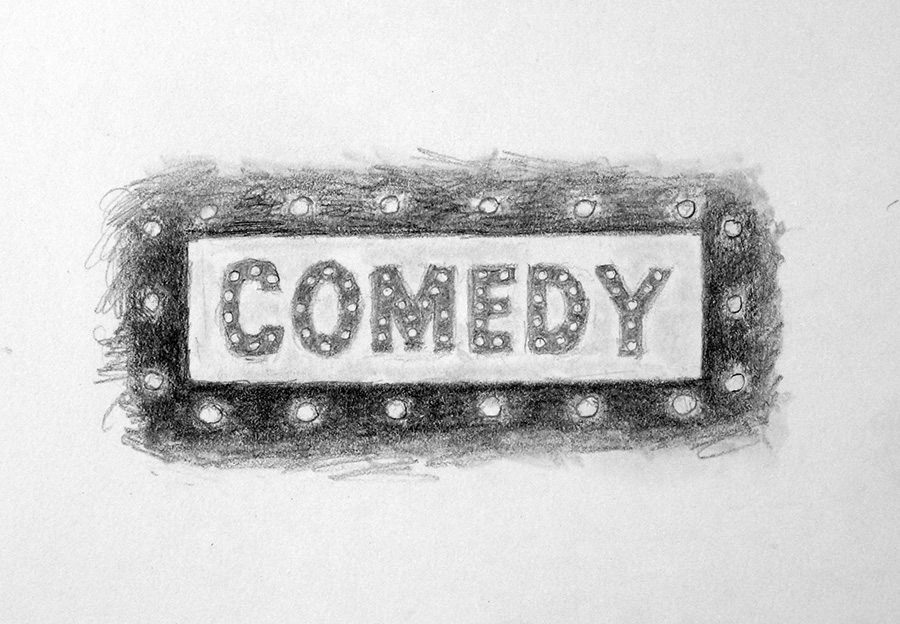
K. makes a statement, an overly-obvious stab at humor or irony, and I know before the last word’s left her mouth what will follow: a loud, sustained braying laugh. I find I can barely muster a smile in response. Why is this? I’ve often explained this phenomenon, which I’ve witnessed in several close friends, in terms of the speaker depriving his/her conversation partner – i.e. me – of the opportunity to find spontaneous humor in a joke or comment. After all, if the person who makes the statement reacts so forcefully to him/herself, my reaction inevitably feels coerced. This feels bothersome on two levels: the speaker is passing judgment on his/her statement as being funny, which should be left to others (namely me), and is also demoting my reaction to the status of mere reinforcement: I’m just joining in. I feel in those moments as if I’ve lost my footing in the inter-subjective dance that characterizes conversation, for the rhythm of a back-and-forth dialogue has been broken, a gap has opened up, and I can’t help but become self-conscious about my own response. Perhaps this is what upsets me the most? That I am forced to become aware of the idea of ‘humor’ as it arises in the conversation, and this self-consciousness deprives me of both autonomy and confidence. And yet: there are other times (especially with K.), when the cleverness or genuine humor of one of her remarks takes me by surprise, and I find my self-conscious, forced response to her own laughter overridden by my own genuine laughter. In those moments I wonder whether I have not been judging her too harshly, allowing a kind of nervous tick to undermine the possibility of genuine, spontaneous humor…
Leave a comment